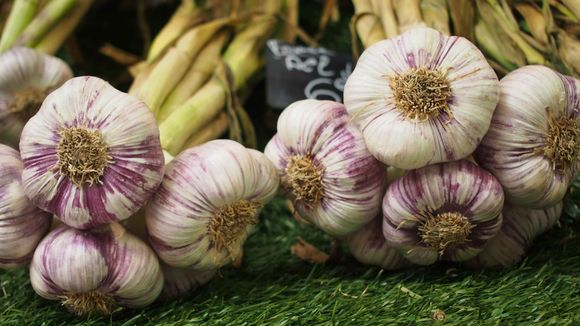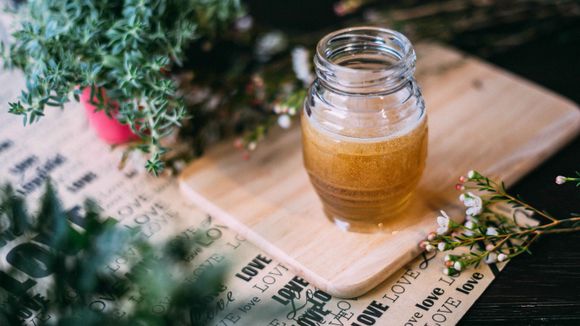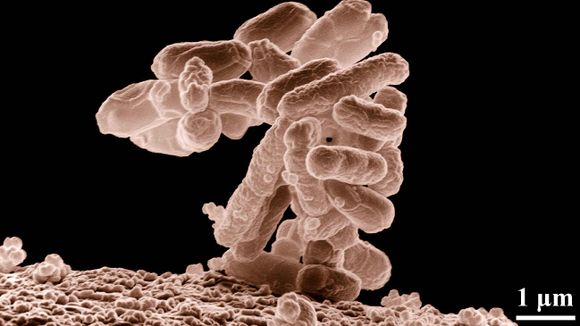The Natural Allies: Garlic and Honey
Garlic, or Allium sativum, is a species in the onion genus, Allium. Beloved for its pungent taste, it enhances a plethora of dishes worldwide. Apart from its culinary significance, garlic's medicinal properties have been recognized for centuries, from the ancient Egyptians to traditional Chinese and Ayurvedic medicine.
Garlic owes its medicinal prowess to the sulfur compounds formed when a clove is chopped, crushed, or chewed. These compounds include allicin, a potent bioactive compound with broad-spectrum antimicrobial activity.
Honey, on the other hand, is the sweet nectar produced by bees from the flowers they pollinate. The type of honey often depends on the source of the nectar, for instance, Manuka honey originates from the nectar of the Manuka tree (Leptospermum scoparium).
Honey's antibacterial properties primarily stem from its acidic pH and the presence of hydrogen peroxide, generated by the enzymatic activity of bees. It's also rich in polyphenols and flavonoids, which have antioxidant and anti-inflammatory properties.

Photo by bruno neurath-wilson on Unsplash
The Battle Against E. coli
Escherichia coli, or E. coli, is a bacterium that is commonly found in the gut of warm-blooded organisms. Most strains are harmless and even beneficial, but some can cause severe infections. Both garlic and honey have demonstrated efficacy against E. coli.
Garlic's antimicrobial compounds disrupt the bacteria's cell membrane, inhibit its enzyme activity, and interfere with its DNA, effectively limiting its growth and spread. Similarly, honey creates a hostile environment for E. coli through its acidity, osmotic effect, and the antimicrobial compounds it contains.
Recipes: Incorporating Garlic and Honey
Garlic Infused Honey
Ingredients:
- 1 cup of honey (preferably raw and organic)
- 10-12 cloves of garlic
Instructions:
- Peel and lightly crush the garlic cloves.
- Place the garlic in a clean, dry jar.
- Pour honey over the garlic and ensure all cloves are covered.
- Close the jar and let it sit for 3-4 days, stirring once daily.
- The garlic-infused honey can be taken on an empty stomach, one spoonful a day.

Photo by Chinh Le Duc on Unsplash
Garlic-Honey Tea
Ingredients:
- 1 cup of water
- 1-2 cloves of garlic
- 1 tablespoon of honey
Instructions:
- Crush the garlic cloves and let them sit for a few minutes.
- Boil a cup of water.
- Add the crushed garlic to the boiling water and let it steep for 10 minutes.
- Strain the tea and stir in a tablespoon of honey.
- Drink this tea once or twice a day.
Garlic, Honey and their Anticancer Properties
In addition to battling E.coli, both garlic and honey have been suggested to possess anticancer properties. In garlic, organosulfur compounds have shown potential in inhibiting cancer growth and proliferation7. Meanwhile, honey, particularly Manuka honey, has shown promise in inducing apoptosis (cell death) in cancer cells.
Questions and Answers
Q: Can I use any type of honey for the recipes?
A: It's best to use raw, organic honey as it retains most of its medicinal properties which could be lost in highly processed varieties.
Q: Can I consume garlic and honey while on antibiotics?
A: While generally safe, it's always best to consult with your healthcare provider, as certain combinations can affect the absorption or efficacy of your medicine.
Q: Can garlic and honey cure an E. coli infection?
A: Garlic and honey can inhibit E. coli, but they're not a substitute for medical treatment. If you suspect an E. coli infection, seek professional medical advice.
Q: How often can I consume these remedies?
A: Generally, one to two servings a day should be fine. But if you have any underlying health conditions, consult your doctor first.
Q: Can children consume these garlic and honey remedies?
A: While generally safe for children, honey should not be given to infants under one year of age due to the risk of botulism.
References
- Garlic: a review of potential therapeutic effects
- Honey: its medicinal property and antibacterial activity
- Antibacterial effect of garlic (Allium sativum) on Staphylococcus aureus: an in vitro study
- Antibacterial activity of honey against strains of Staphylococcus aureus from infected wounds
- Antimicrobial properties of allicin from garlic
- Honey and Health: A Review of Recent Clinical Research
- Organosulfur Compounds and Cancer
- The potential role of honey and its polyphenols in preventing heart disease: A review









